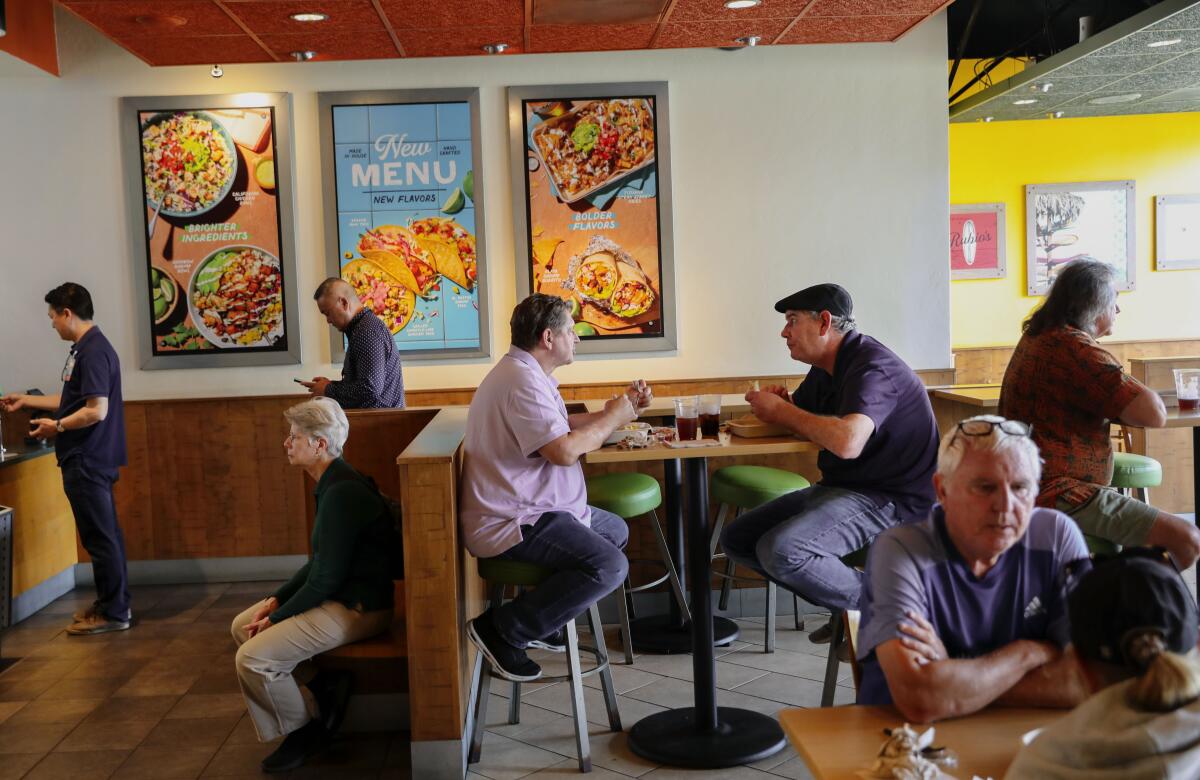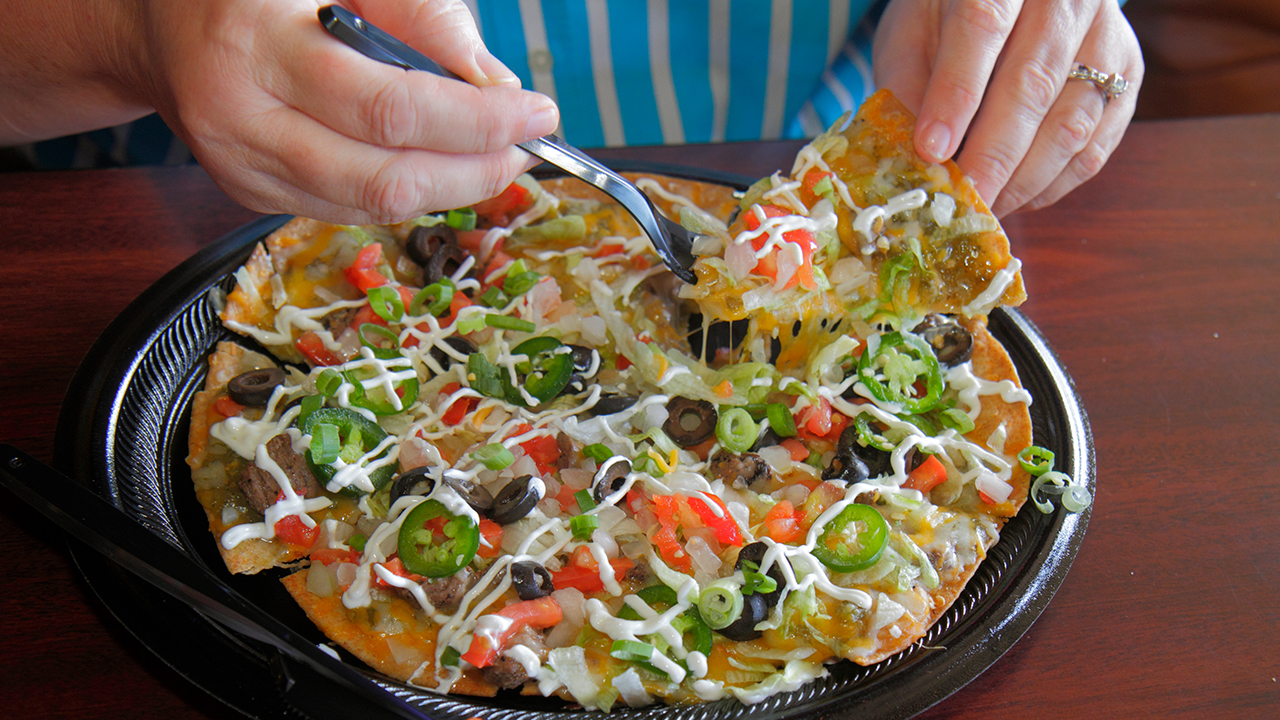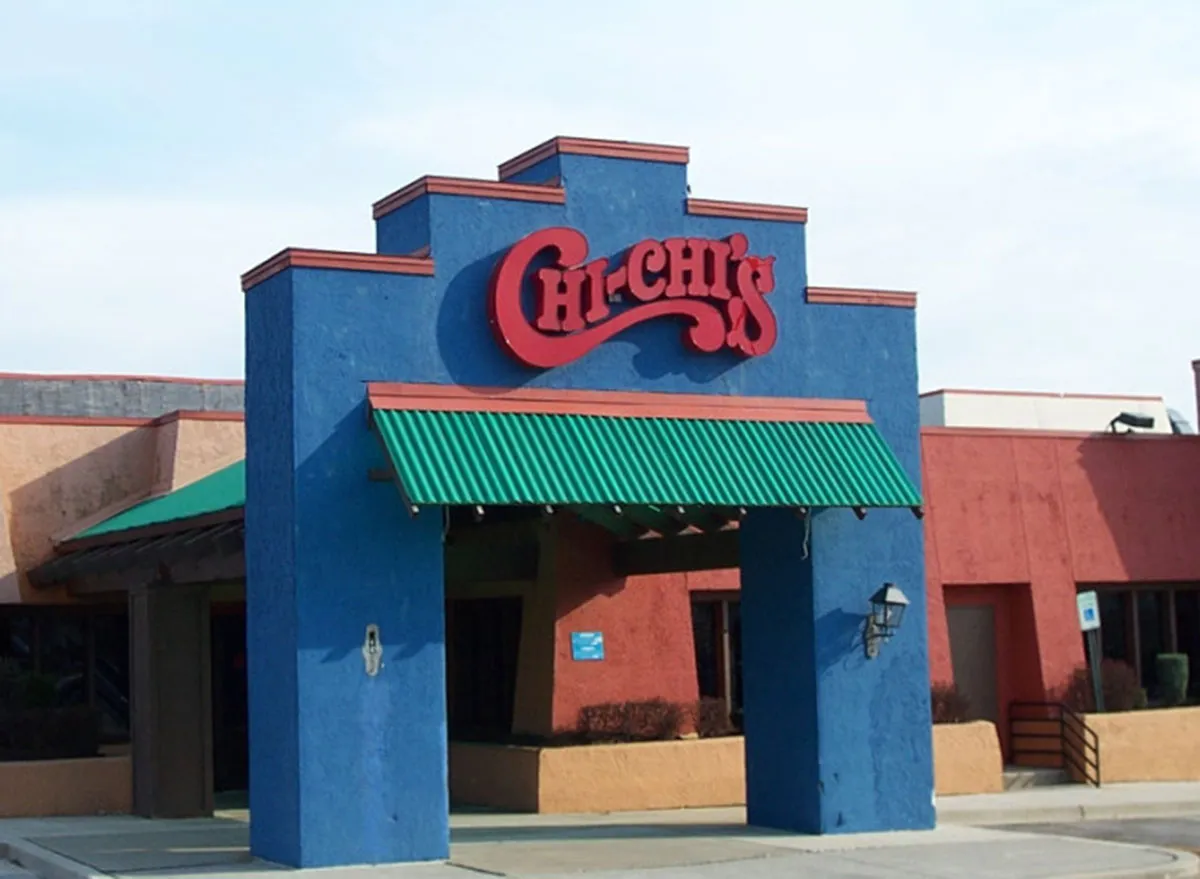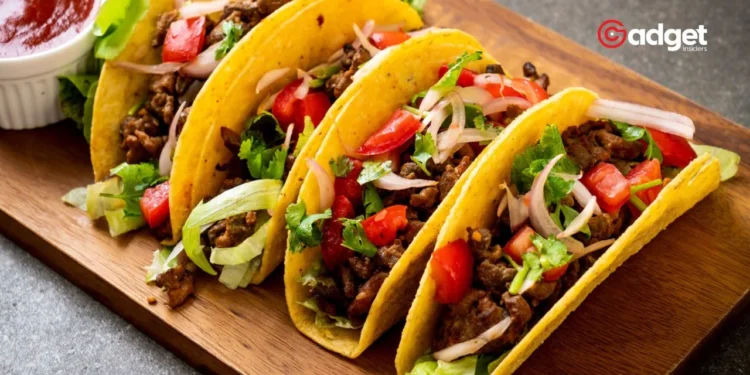Mexican cuisine, celebrated for its vibrant flavors and diverse offerings, has always been a popular choice among diners across the United States. Yet, despite the steady rise of fast-food giants like Taco Bell and Chipotle, the landscape for casual Mexican dining chains paints a starkly different picture. In recent times, multiple well-known chains have succumbed to financial pressures, resulting in a series of high-profile bankruptcies that have reshaped the industry.

The Fast-Food Contrast: Taco Bell and Chipotle’s Dominance
Taco Bell and Chipotle continue to thrive in the competitive fast-food arena, boasting thousands of locations nationwide. Taco Bell leads with approximately 7,936 outlets, while Chipotle follows with about 3,398 units. These numbers, highlighted by data analytics firm ScrapeHero, underscore a robust performance that contrasts sharply with the struggles faced by their casual dining counterparts.
A History of Challenges: Chi-Chi’s and Don Pablo’s
The difficulties for casual Mexican chains are not new. Chi-Chi’s, a chain once popular and boasting up to 200 locations, filed for Chapter 11 bankruptcy back in 2002. This was followed by a tragic hepatitis outbreak linked to contaminated green onions at a Beaver, Pennsylvania location, which reportedly led to 600 infections and four deaths. The chain never recovered, officially closing its doors in 2004.
Similarly, Don Pablo’s, which had a peak of 120 locations, faced multiple bankruptcies in 2004, 2007, and again in 2017, before eventually shutting down in 2019. These cases highlight ongoing operational and safety challenges within the sector.

Recent Bankruptcies: Tijuana Flats and Rubio’s Coastal Grill
The narrative of decline continues with Tijuana Flats Restaurants, which recently filed for Chapter 11 on April 19 in the U.S. Bankruptcy Court for the Middle District of Florida. After changing hands and closing several locations, the new owners, Flatheads LLC, have embarked on a mission to revitalize the brand. They aim to enhance the dining experience by focusing on customer service, food quality, and fair pricing, along with planned renovations to refresh the chain’s aesthetic and operational approach.
Meanwhile, Rubio’s Coastal Grill, affected by recent hikes in minimum wage laws in California, which increased wages from $16 to $20 per hour for certain fast-food employees, has significantly downsized. The steep increase forced Rubio’s to close 48 locations to manage operational costs, illustrating the direct impact of legislative changes on restaurant operations.

Looking Ahead: The Future of Mexican Casual Dining
As these chains navigate through financial restructuring and market recalibrations, the future of casual Mexican dining remains uncertain. While fast-food entities like Taco Bell and Chipotle continue to excel, their casual dining counterparts face a myriad of challenges. The industry watchers and diners alike are keenly observing how these beloved chains will adapt to an ever-evolving market landscape, hoping for a revival of fortunes in the flavorful world of Mexican cuisine.










